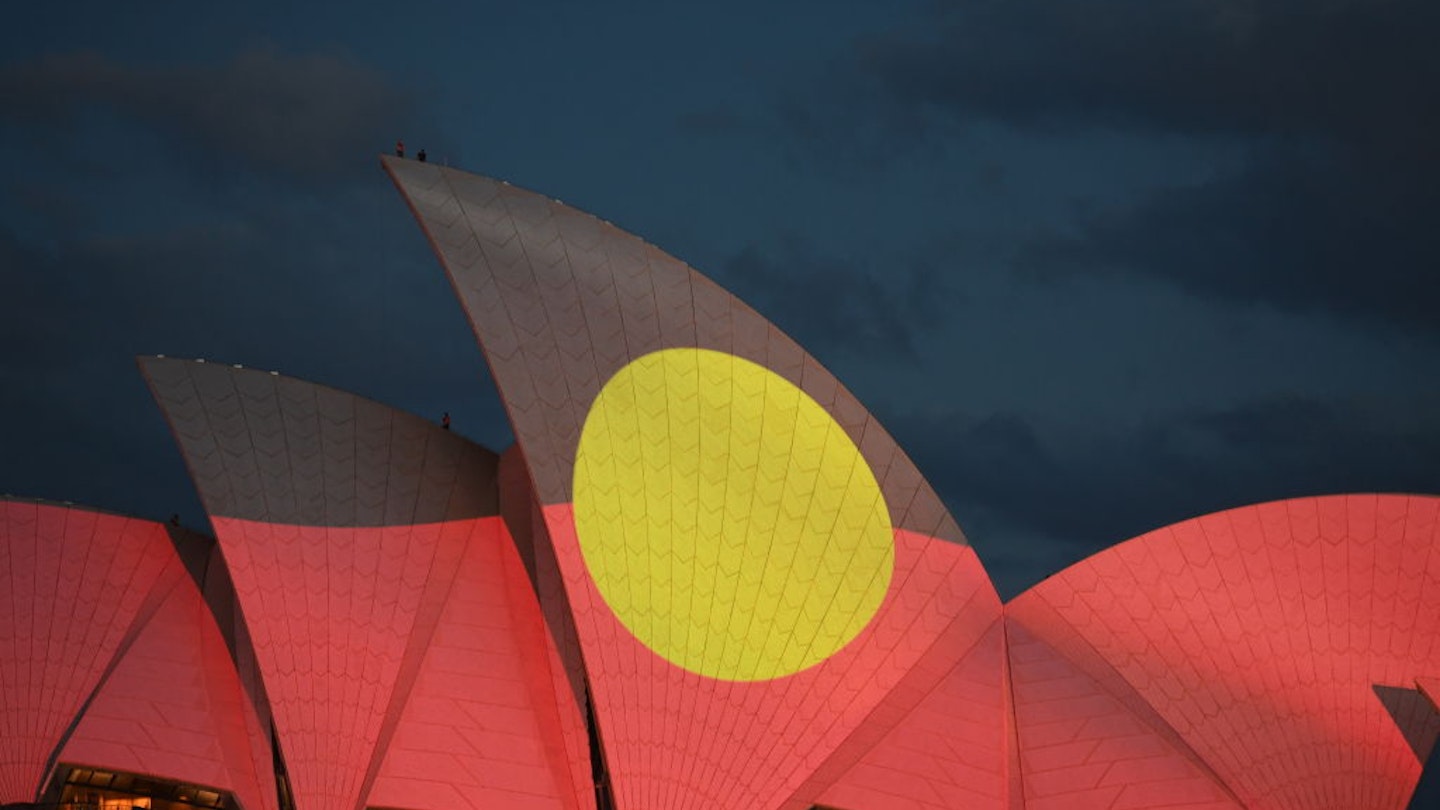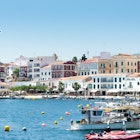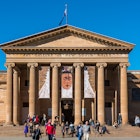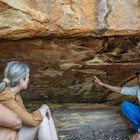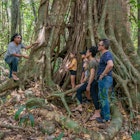To celebrate and acknowledge Australia’s Aboriginal cultural heritage, Tourism Australia has announced it will be adopting a dual-naming approach for capital cities and other major locations.
Dual-naming not only recognises 60,000 years of Indigenous custodianship, it brings Aboriginal languages and understandings into mainstream consciousness.
Learning from Australia’s Indigenous storytellers
A number of Australian place names already have dual-names. In 1993 the name of iconic Ayers Rock in the Northern Territory was changed to Ayers Rock / Uluru, before it was officially reversed to Uluru / Ayers Rock in 2002.
The moniker “Ayers Rock” was bestowed in 1873 by an English-born explorer naming it after the Chief Secretary of South Australia at the time, Sir Henry Ayers. The change was a show of respect for the Anangu people and an acknowledgement of their continuous guardianship of Country.
In 2017, the World Heritage-listed island Fraser Island on the Queensland coast was renamed K'gari (Fraser Island) from its original Butchulla name.
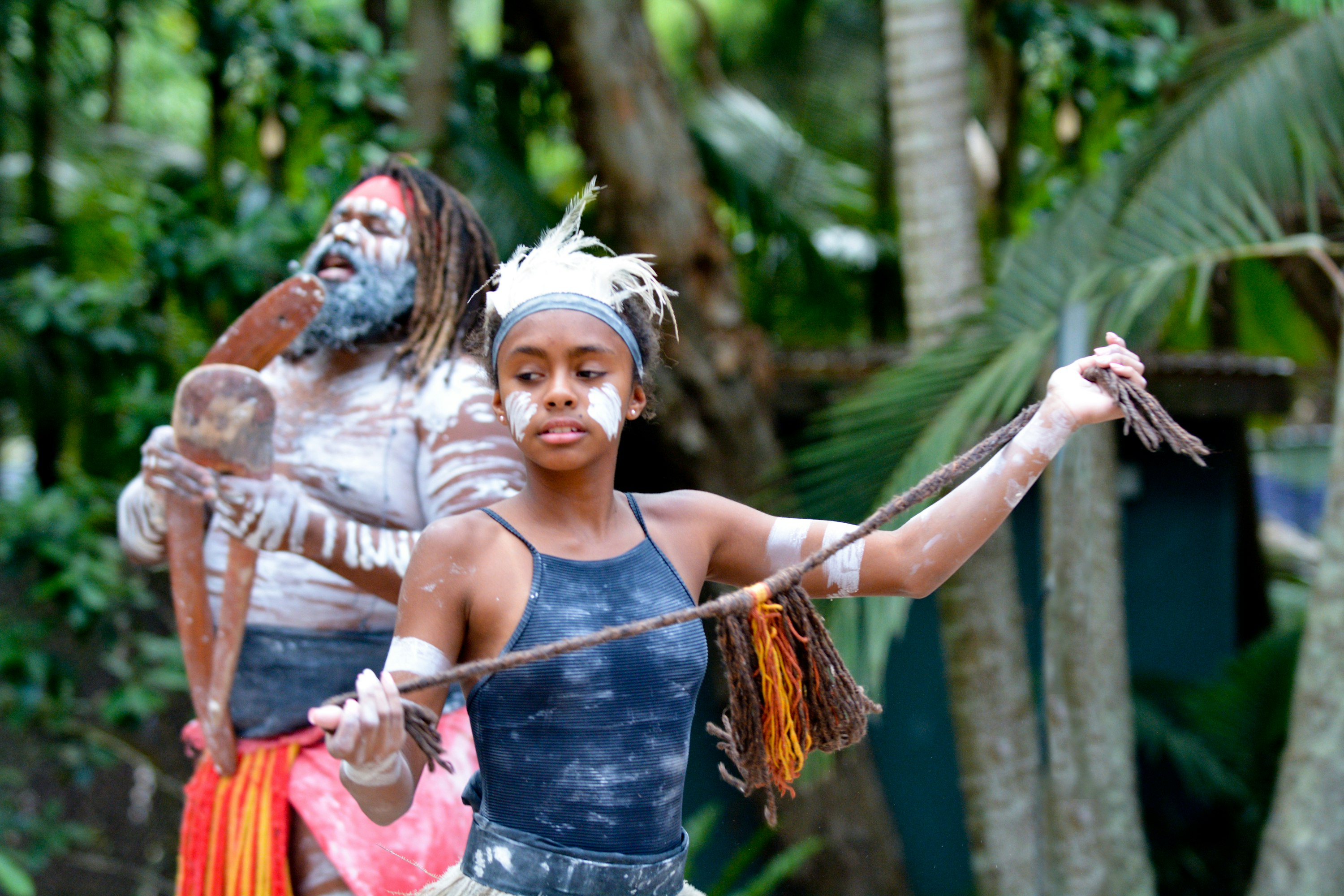
Aboriginal naming
To confirm the Aboriginal name for each location Tourism Australia worked with local Elders and Traditional Owners. Naming entire cities, such as Sydney, which did not exist as a single entity prior to British colonization, means a name had to be chosen that doesn’t always represent the whole geographical footprint. Warrane, for example, is the original Gadigal name for Sydney Cove.
Phillipa Harrison, Managing Director Tourism Australia told Lonely Planet: “We will do this gradually, and in consultation. We have been doing this on our social media for a few months but we are committing to rolling out dual-naming across our content from this point on.”
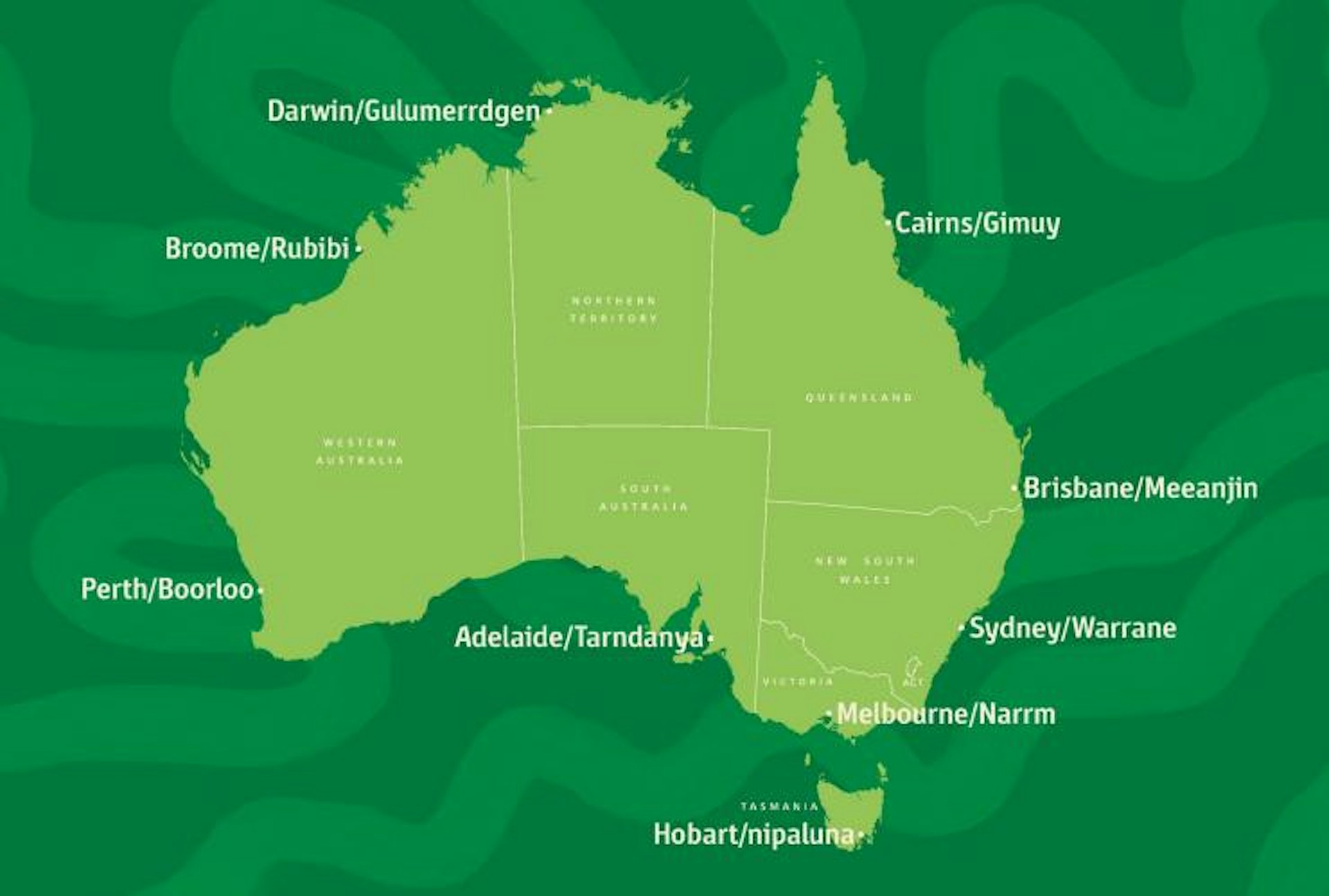
Australia Post is also on board with the use of traditional place names after a Gomeroi woman, Rachael McPhail, petitioned the organization to include them on mailing addresses in 2020.
"For every town, for every place in this country, we have an original name, and it's important to use them as a celebration and to recognise the history and the connection of First People to Country," McPhail said.
All postage labels now have a space for senders to include Aboriginal place names (if known). These can be researched on the AIATSIS map, while variations in transliterations have evolved with greater understanding.
Now Tourism Australia is taking this knowledge to the international traveler market.

How tourists can learn more about Australia's Indigenous cultures
Overseas visitors have always had a keen interest in learning more about Australia’s Indigenous cultures. As well as its new naming conventions, Tourism Australia’s Discover Aboriginal Experiences collective promotes top tourism experiences for adventure seekers, culture enthusiasts, foodies and nature lovers planning a trip.
I spent the past year taking Aboriginal tours - here's what I learned
There are more than 185 outstanding Aboriginal-guided experiences to discover across Australia and not just in the outback. Visitors can explore hidden rock-art galleries, forage for succulent native oysters or bed down at wilderness lodges in spectacular natural settings – where a local guide might bring the sounds of the desert and the stories of the Milky Way above to life by sharing their cultural heritage with you.
Knowing whose land you are on is just the beginning of a journey to learn about Aboriginal and Torres Strait Islander peoples, history and cultures in Australia. Now that Australia has re-opened its borders, this dual-naming initiative will hopefully encourage visitors to do just that.
You might also like:
How to experience Australia’s Northern Territory sustainably and ethically
9 best museums in Brisbane: contemporary art, convicts, Indigenous culture and more
Sustainable tourism, wildlife protection and Indigenous culture thrive in Australia's new marine park

